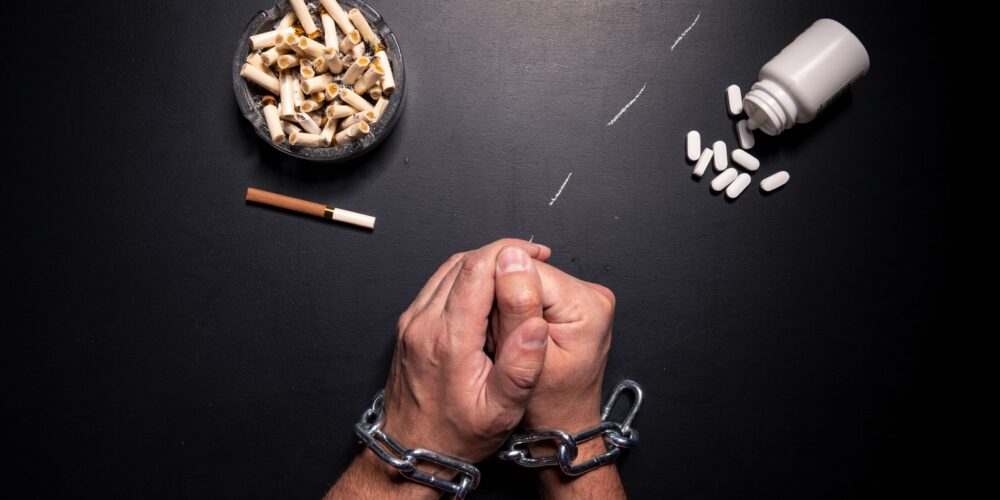Relapse is a common occurrence during the recovery process, and understanding…

Addiction is a public health issue and one of the major challenges facing the American healthcare system. It not only afflicts millions of Americans, but also impacts jobs and families. Because our healthcare system has struggled to keep up with the problem, many addicts have been shifted to the criminal justice system, which criminalizes addiction instead of treating it like a medical issue. The result is that instead of waging a war on drugs, which we lost, Americans waged a war on addicts, which had no winners.
Fortunately, we do know that medically supported detoxification and addiction recovery can help people achieve long term sobriety. Unfortunately, this type of help was out of reach for many Americans because of the cost of treatment. The Medicaid expansion has helped address this issue.
While Medicaid laws vary from state to state, Medicaid can help provide treatment for drug and alcohol addiction. In some instances, Medicaid will completely cover rehab programs. In other instances, it may make these programs affordable.
To qualify for Medicaid to cover addiction services, you must be an existing Medicaid recipient. Each state has its own rules about qualifying for Medicaid. In New Jersey, to qualify for Medicaid, a person must be: a resident of New Jersey, a U.S. citizen or qualified alien, and meet financial and income guidelines. In addition, a person may need to fall into another group, such as being disabled, pregnant, or in a family with dependent children.
The Medicaid Expansion component of the Affordable Care Act allowed states like New Jersey to expand who is eligible for Medicaid, giving more people access to free or reduced cost medical coverage.
Medicaid spending on drug rehab programs has grown tremendously in recent years. This is not only due to an increase in the number of people on Medicaid, but also on a growing realization of just how big America’s drug problem really is. For example, Medicaid spending on drugs used to treat opioid overdoses or addiction have more than doubled in the last decade.
The growth of spending is really promising to underserved communities. There were treatment deserts, where people suffering from addiction really could not access the type of long-term medical support that experts know provides the best chance at long term sobriety. The Medicaid expansion offers an opportunity, not just to change individual lives, but to change communities.
If you are a Medicaid recipient or are Medicaid eligible and have q questions about a treatment program,Greater Essex is happy to work with you to get you the treatment that you want.



